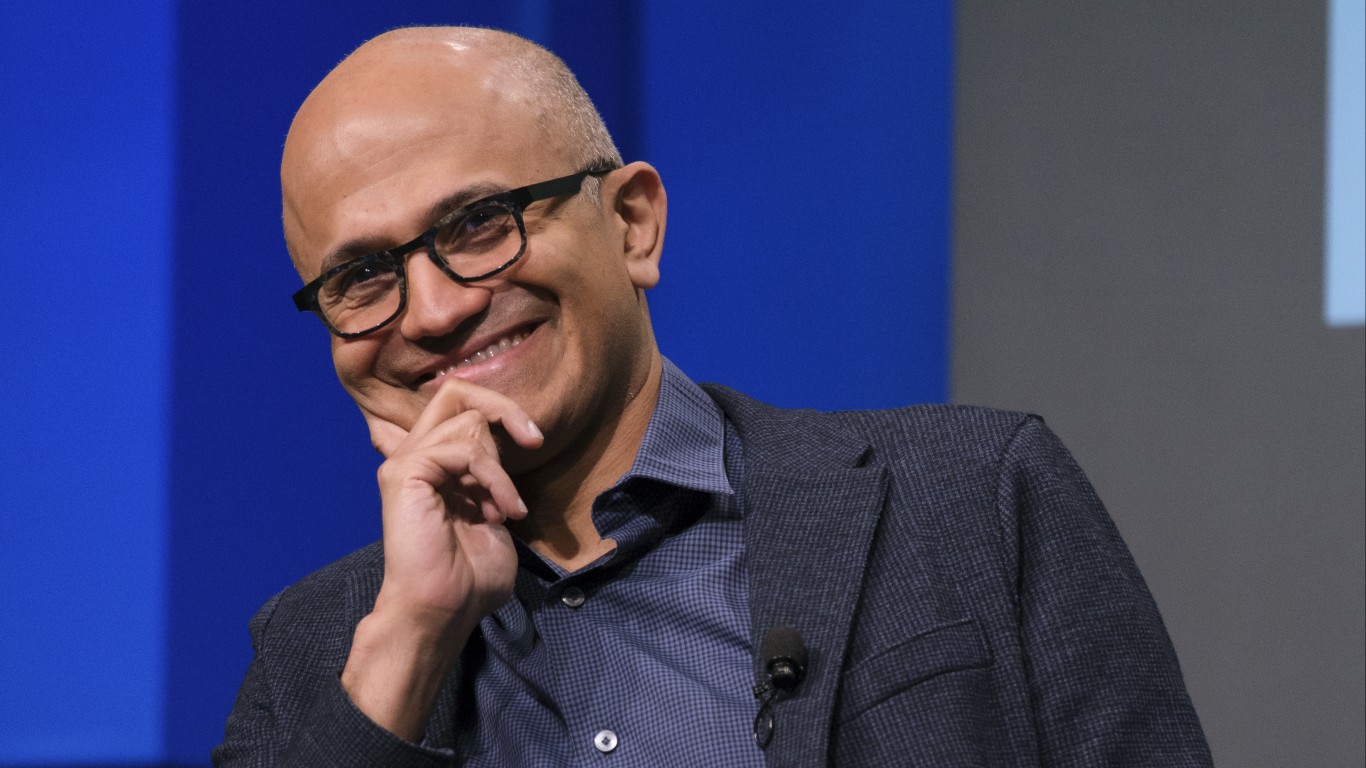
The U.S. Securities and Exchange Commission (SEC) charged two Bitcoin mining companies and their founder with conducting a Ponzi scheme that used the lure of quick riches from virtual currency to defraud investors. The complaint was filed in federal court in Connecticut.
“Mining” for Bitcoin or other virtual currencies can be described as applying computer power to try to solve complex equations that verify a group of transactions in that virtual currency. The first computer or collection of computers to solve an equation is awarded new units of that virtual currency.
The SEC alleges that Homero Joshua Garza perpetrated the fraud through his Connecticut-based companies GAW Miners and ZenMiner by purporting to offer shares of a digital Bitcoin mining operation.
However, GAW Miners and ZenMiner actually did not own enough computing power for the mining it promised to conduct, so most investors paid for a share of computing power that never existed. Returns paid to some investors came from proceeds generated from sales to other investors.
Paul G. Levenson, director of the SEC’s Boston Regional Office, said:
As alleged in our complaint, Garza and his companies cloaked their scheme in technological sophistication and jargon, but the fraud was simple at its core: they sold what they did not own, misrepresented what they were selling, and robbed one investor to pay another.
According to the SEC’s complaint:
- From August 2014 to December 2014, Garza and his companies sold $20 million worth of purported shares in a digital mining contract they called a Hashlet.
- More than 10,000 investors purchased Hashlets, which were touted as always profitable and never obsolete.
- Although Hashlets were depicted in GAW Miners’ marketing materials as a physical product or piece of mining hardware, the promised contract purportedly entitled the investor to control a share of computing power that GAW Miners claimed to own and operate.
- Investors were misled to believe they would share in returns earned by the Bitcoin mining activities when in reality GAW Miners directed little or no computing power toward any mining activity.
- Because Garza and his companies sold far more computing power than they owned, they owed investors a daily return that was larger than any actual return they were making on their limited mining operations.
- Therefore, investors were simply paid back gradually over time under the mantra of “returns” out of funds that Garza and his companies collected from other investors.
- Most Hashlet investors never recovered the full amount of their investments, and few made a profit.
ALSO READ: 6 Analyst Stock Picks With Massive Upside Targets
It’s Your Money, Your Future—Own It (sponsor)
Retirement can be daunting, but it doesn’t need to be.
Imagine having an expert in your corner to help you with your financial goals. Someone to help you determine if you’re ahead, behind, or right on track. With SmartAsset, that’s not just a dream—it’s reality. This free tool connects you with pre-screened financial advisors who work in your best interests. It’s quick, it’s easy, so take the leap today and start planning smarter!
Don’t waste another minute; get started right here and help your retirement dreams become a retirement reality.
Thank you for reading! Have some feedback for us?
Contact the 24/7 Wall St. editorial team.





